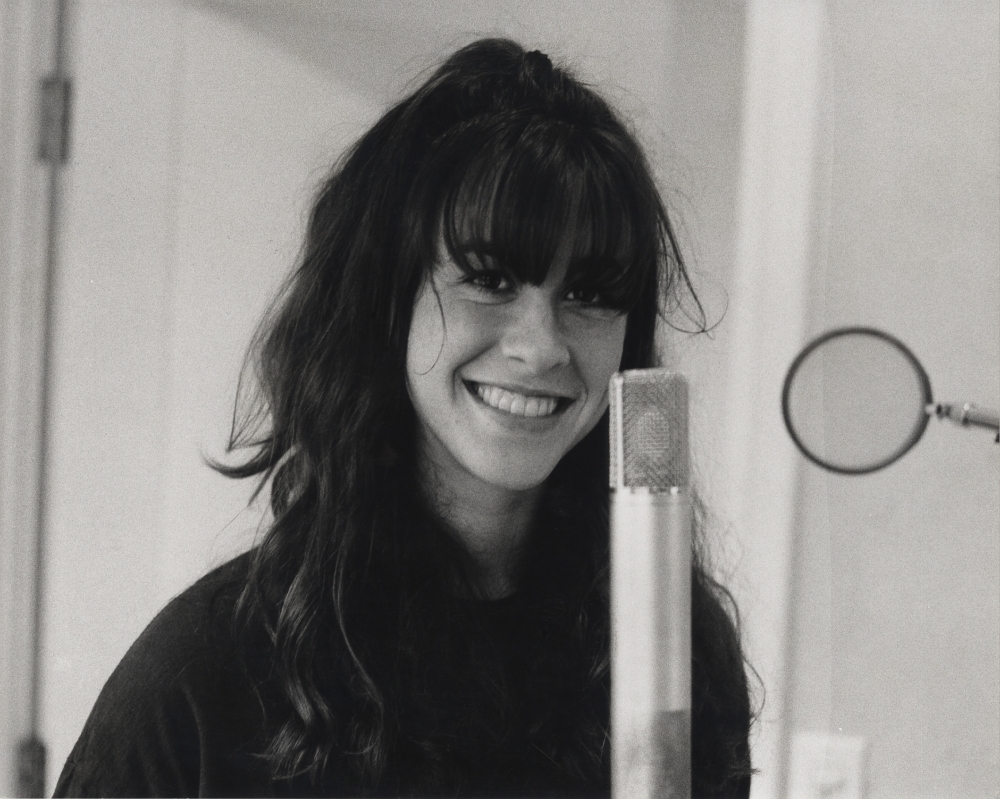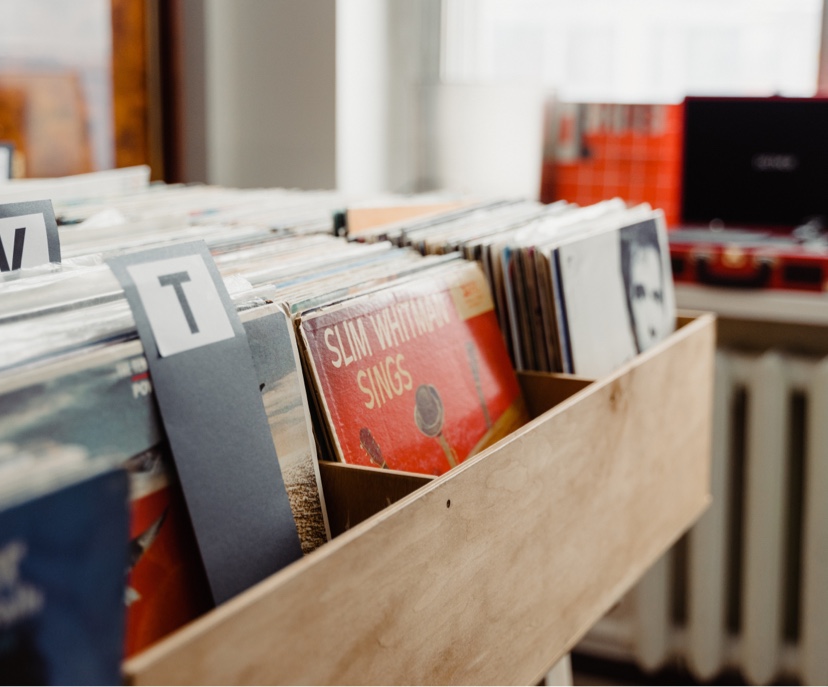There are powerful female role models, and then there’s Alanis Morissette, a dynamo by almost any measure, especially musically, and one who seems to hold herself to a higher standard.
She has sold a staggering 60 million albums worldwide, half that total with 1995’s ground-breaking and game-changing Jagged Little Pill, which pretty much dominated airwaves globally for a full year thanks to six chart-topping singles including the scorching, “You Oughta Know,” which vehemently scolded a thoughtless ex-boyfriend.
With that album, which also included chestnuts like, “Hand in My Pocket,” “Ironic,” “You Learn,” “Head over Feet” and “All I Really Want,” Morissette handily demonstrated that unvarnished declarations of anger and disappointment (and hope and humour and knock-kneed love) could connect on a massive, mainstream scale.
And yet the “queen of alt-rock angst” (as Rolling Stone magazine dubbed her) wasn’t always a stone-cold belter. Born in Ottawa in 1974, Morissette first came to the attention of Canadian music fans through early-90s dance-pop recordings credited simply to Alanis. In retrospect, those albums – notably Alanis from 1991 and Now Is the Time from 1992 – didn’t foreshadow the powerhouse that was to come, but the singer/songwriter’s poetic view and palpable sense of seeking and of self were very much in evidence.
A fortuitous mid-1990s meeting with producer and songwriter Glen Ballard would change everything. Working in Los Angeles, the pair crafted the songs that would eventually become Morissette’s third album Jagged Little Pill, which went on to win a boatload of Grammy and JUNO Awards, near unanimous critical acclaim, the ecstatic devotion of fans across the planet and a slew of sound-alikes hoping to tap into the magic Morissette and Ballard had captured.
And there was more. The subsequent tour for Jagged Little Pill – which introduced the world to drummer Taylor Hawkins, later of the Foo Fighters – showed that Morissette was more than just a studio star. She was a top-flight performer and musician able to connect with audiences of all ages and backgrounds, many who would never have previously self-identified as rock fans.
Had she stopped after Jagged Little Pill, Morissette still would have been a record-breaking, flat-out amazing success story. Of the nine Grammy Award nominations she received for Jagged Little Pill, the then-22-year-old Morissette won five, including Album of the Year, making her the youngest artist in history to win the honour – a feat unchallenged for 14 years until she was unseated by Taylor Swift.
She might have just withdrawn from the spotlight to focus on family. But Morissette wasn’t content to rest on past successes. Multiple subsequent albums (five to date since Jagged Little Pill) have built tunefully and eloquently on her unique vision. Morissette’s CV also includes acting, activism, spirituality, motherhood, and countless other noble pursuits.
In 2015, during the 44th annual JUNO Awards in Hamilton, ON, a beaming and very humble Morissette was inducted into the Canadian Music Hall of Fame. To date, she has scored a total of 13 JUNO Award wins and 21 nominations.
She has contributed her writing and music to a variety of outlets, forums and causes including movie soundtracks, running a marathon for NEDA and working with Equality Now. She leads workshops, special speaking/music engagements and keynote speaking worldwide. She also records podcasts and actively supports multiple charities.











